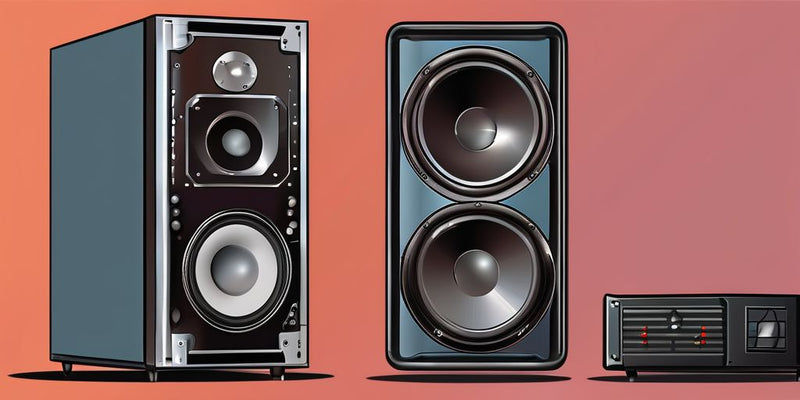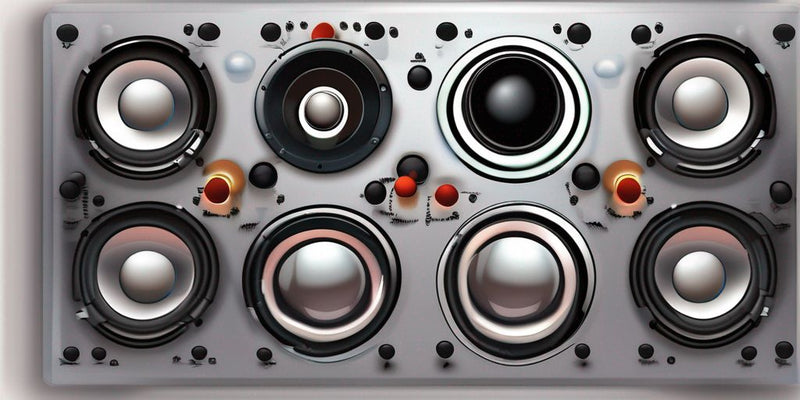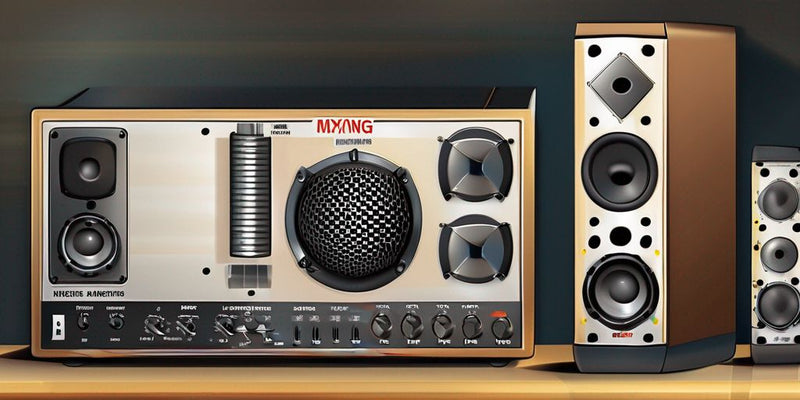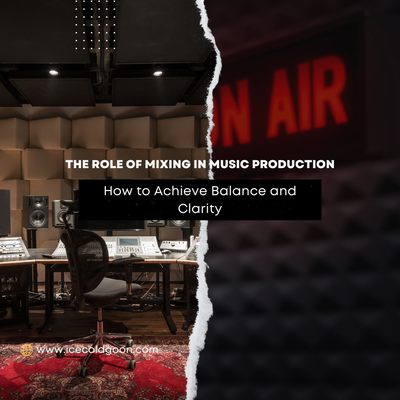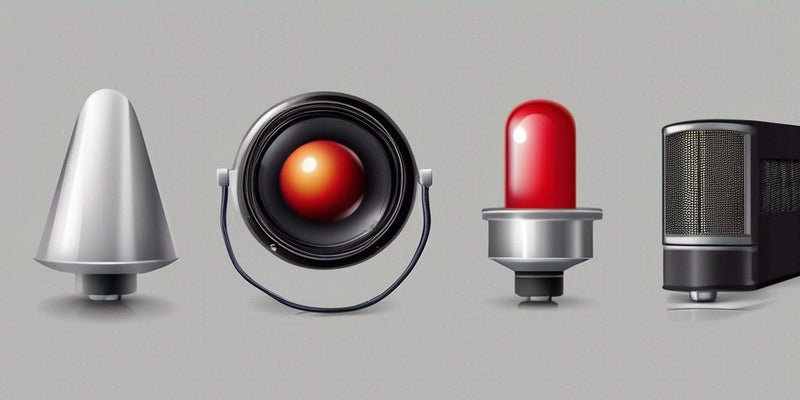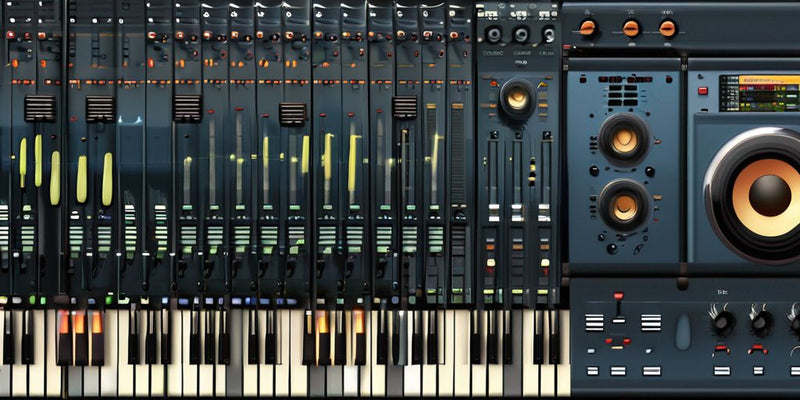Tracking Music Definition
Overview
What is music tracking?
Music tracking is the process of monitoring and analyzing various aspects of music, such as audio content, metadata, and lyrics. It involves identifying and categorizing music based on different criteria, such as genre, artist, and mood. Music tracking helps organize and manage extensive music collections and develop advanced music applications and services. By tracking music, it becomes easier to search, recommend, and discover new songs, as well as to detect copyright infringement and monitor music usage. Music tracking plays a crucial role in the modern music industry, enabling better understanding and utilization of music data.
Importance of music tracking
Music tracking plays a crucial role in various aspects of the music industry. Tracking music allows for accurate monitoring and analysis of music consumption patterns, which is essential for music recommendation systems and usage monitoring. It also enables the detection of copyright infringement by comparing audio fingerprints or metadata. Moreover, music tracking helps understand music's impact on different platforms and provides valuable insights for artists, labels, and streaming services. Overall, music tracking is an indispensable tool for the modern music landscape.
History of music tracking
Music tracking has a long and fascinating history. Early attempts at tracking music can be traced back to the early 20th century when researchers started exploring methods to automatically identify and analyze musical compositions. One of the critical milestones in the history of music tracking was the development of audio fingerprinting in the 1990s. This revolutionary technique allowed for identifying songs based on their unique audio characteristics, paving the way for more advanced music-tracking systems. Since then, metadata and lyrics-based tracking have also emerged as popular methods for analyzing and categorizing music. These advancements in music tracking technology have had a profound impact on various applications, such as music recommendation systems, copyright infringement detection, and music usage monitoring.
Types of Music Tracking
Audio fingerprinting
Audio fingerprinting is a technique to identify and match audio recordings based on their unique acoustic characteristics. It involves extracting critical features from a piece of music, such as the frequency spectrum and temporal patterns, and creating a digital representation known as a fingerprint. This fingerprint can then be compared to a database of known fingerprints to find a match. One of the advantages of audio fingerprinting is its ability to identify songs even if they have been altered or distorted. This makes it a valuable tool for music recognition and copyright enforcement. However, audio fingerprinting has its limitations. It can be affected by background noise, compression artifacts, and other factors that can degrade the accuracy of the matching process. Despite these challenges, audio fingerprinting continues to be widely used in various applications, including music recommendation systems and copyright infringement detection.
Metadata-based tracking
Metadata-based tracking is a method of music tracking that relies on the metadata associated with music files. This includes the artist, album, genre, and release date. By analyzing this metadata, music tracking systems can identify and track music more accurately. Metadata-based tracking is commonly used in music recommendation systems to provide personalized recommendations based on user preferences and music characteristics. It is also used in copyright infringement detection to identify unauthorized use of music. Additionally, metadata-based tracking is used in music usage monitoring to track the usage and performance of music in various contexts. Overall, metadata-based tracking plays a crucial role in accurately identifying and tracking music in different applications.
Lyrics-based tracking
Lyrics-based tracking is a method of music tracking that involves analyzing the lyrics of a song to gather information about its content. This type of tracking can be used to identify songs that contain explicit or inappropriate language, making it valuable for content filtering purposes. Additionally, lyrics-based tracking can be used to analyze the sentiment of a song's lyrics, allowing for the creation of emotion-based playlists. By understanding the emotions conveyed in a song's lyrics, music recommendation systems can provide more personalized recommendations to users. However, lyrics-based tracking poses challenges, such as the need for accurate lyrics databases and the potential for misinterpretation of lyrics. Despite these challenges, the use of lyrics-based tracking in the music industry continues to grow, offering new opportunities for music analysis and curation.
Applications of Music Tracking
Music recommendation systems
Music recommendation systems are algorithms that analyze user preferences and behaviors to suggest relevant and personalized music recommendations. These systems use various techniques, such as collaborative filtering, content-based filtering, and hybrid approaches, to provide accurate and diverse recommendations. Music recommendation systems can create personalized playlists and discover new music that aligns with the user's taste by tracking user interactions, such as listening history, likes, and dislikes. These systems have become increasingly popular in streaming platforms like Spotify and Apple Music, enhancing the user experience and introducing listeners to a broader range of music genres and artists.
Copyright infringement detection
Music tracking is crucial in detecting copyright infringement in the music industry. Music tracking systems can compare and match songs to identify unauthorized use or plagiarism by analyzing audio fingerprints, metadata, and lyrics. This helps rights holders and music platforms protect artists' intellectual property rights and ensure fair compensation. Additionally, music tracking technologies enable efficient monitoring of online platforms and streaming services, making identifying and taking action against infringing content easier. Using machine learning algorithms and big data analytics further enhances the accuracy and effectiveness of copyright infringement detection.
Music usage monitoring
Music usage monitoring is the process of tracking and analyzing music usage in various contexts. It involves monitoring music's playback, streaming, and performance across different platforms and channels. This type of tracking is essential for royalty collection and licensing purposes, as it helps identify when and where music is being used. Music usage monitoring is also crucial in detecting and preventing unauthorized use of copyrighted music. By monitoring music usage, rights holders can ensure they are adequately compensated for using their music and take appropriate action against infringement. Music usage monitoring is a valuable tool for artists, record labels, and publishers to manage their music assets and maximize their revenue.
Conclusion
The future of music tracking
The future of music tracking holds exciting possibilities and challenges. With technological advancements, real-time music usage tracking and monitoring will become more accurate and efficient. This will enable streaming platforms to provide personalized music recommendations based on individual preferences and listening habits. Copyright infringement detection will also be enhanced, helping artists and rights holders protect their work. However, new challenges will arise as music consumption evolves, such as privacy concerns and the need for transparent tracking methods. Stakeholders in the music industry must collaborate and find innovative solutions to these challenges to harness the full potential of music tracking.
Challenges and opportunities
Music tracking faces several challenges and opportunities in the digital age. One of the main challenges is data privacy and security concerns, as tracking music usage involves collecting and analyzing user data. Another challenge is the accuracy and reliability of tracking algorithms, as music can be complex and diverse. However, these challenges also present opportunities for innovation and improvement in music-tracking technology. With artificial intelligence and machine learning advancements, tracking systems can become more precise and efficient. Additionally, music tracking can open up new avenues for personalized music experiences and targeted advertising. Overall, the future of music tracking holds both challenges and exciting possibilities.
Final thoughts
In conclusion, music tracking is crucial in various aspects of the music industry. It enables music recommendation systems to provide personalized suggestions to users, helps detect copyright infringement by comparing audio fingerprints and metadata, and allows music usage monitoring to ensure proper licensing and royalties. However, as technology advances, new challenges and opportunities arise. The future of music tracking holds promise for more accurate and efficient tracking methods but also raises concerns regarding privacy and data security. As we continue to explore the possibilities of music tracking, it is essential to balance innovation and protecting the rights of artists and users alike.




